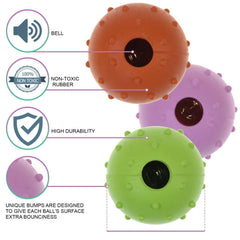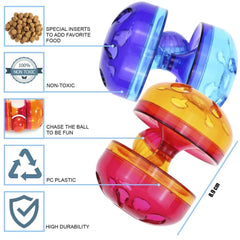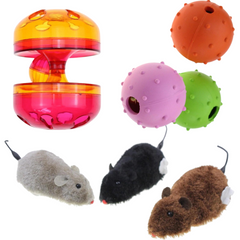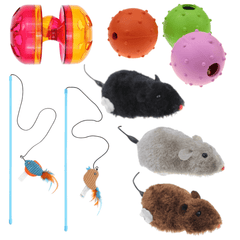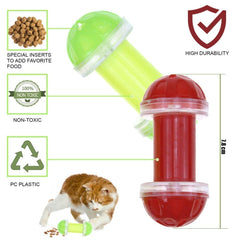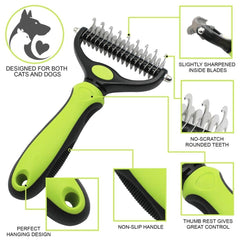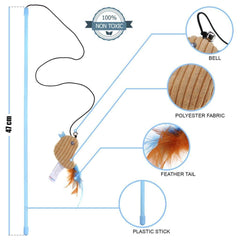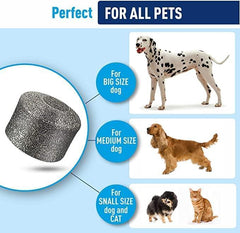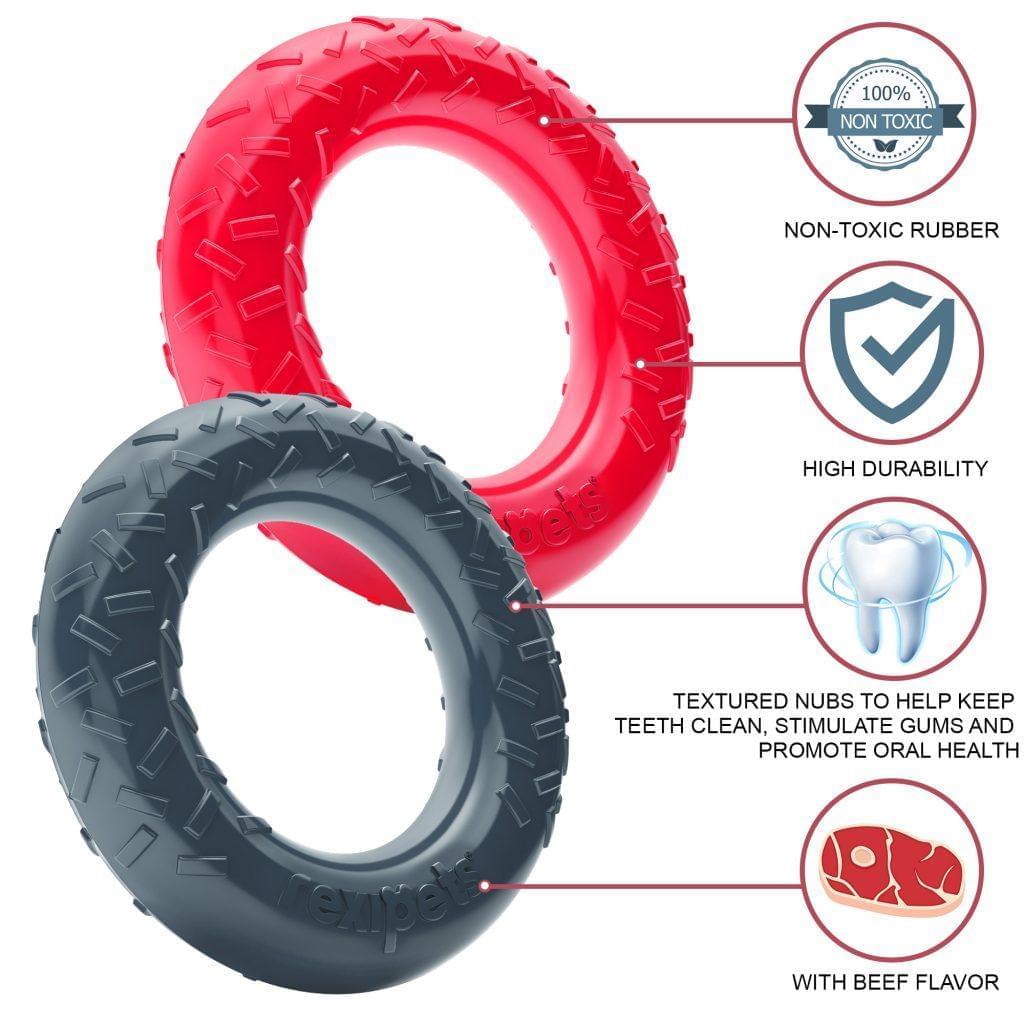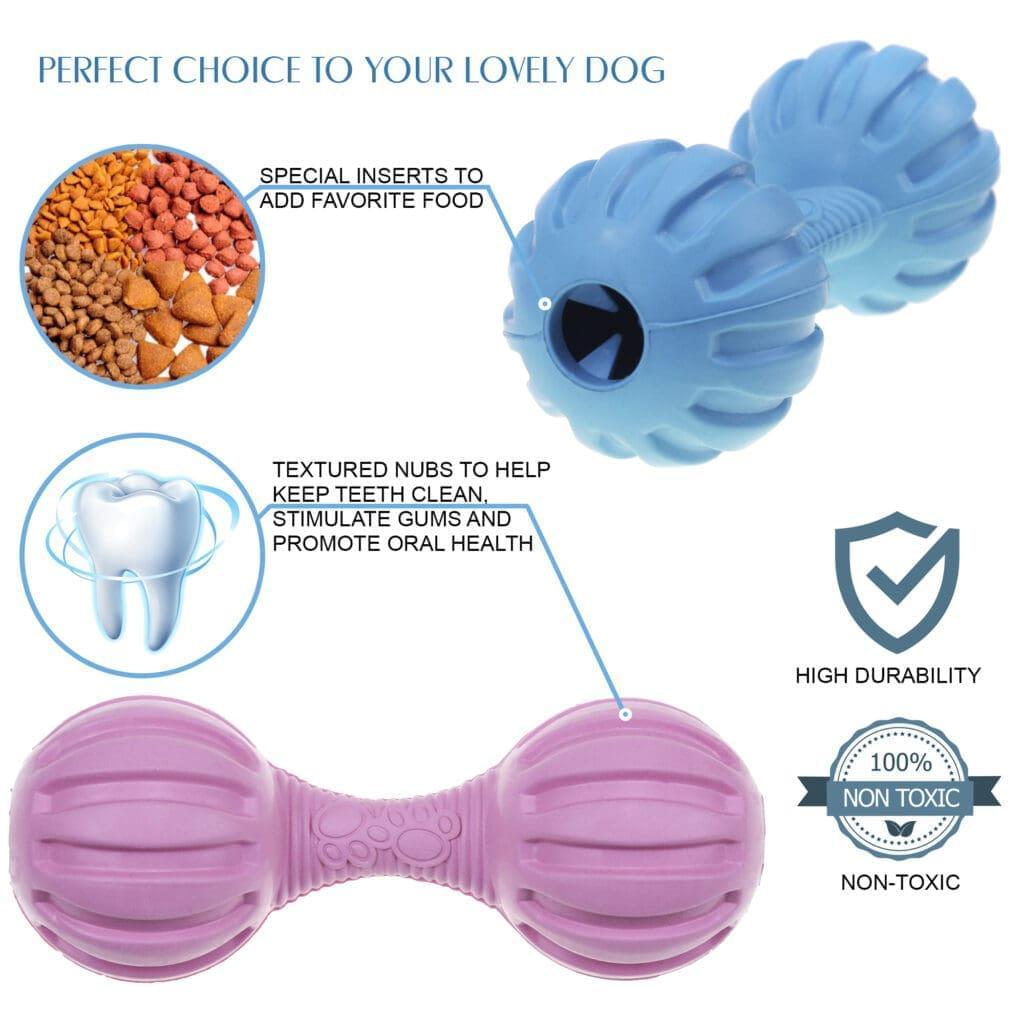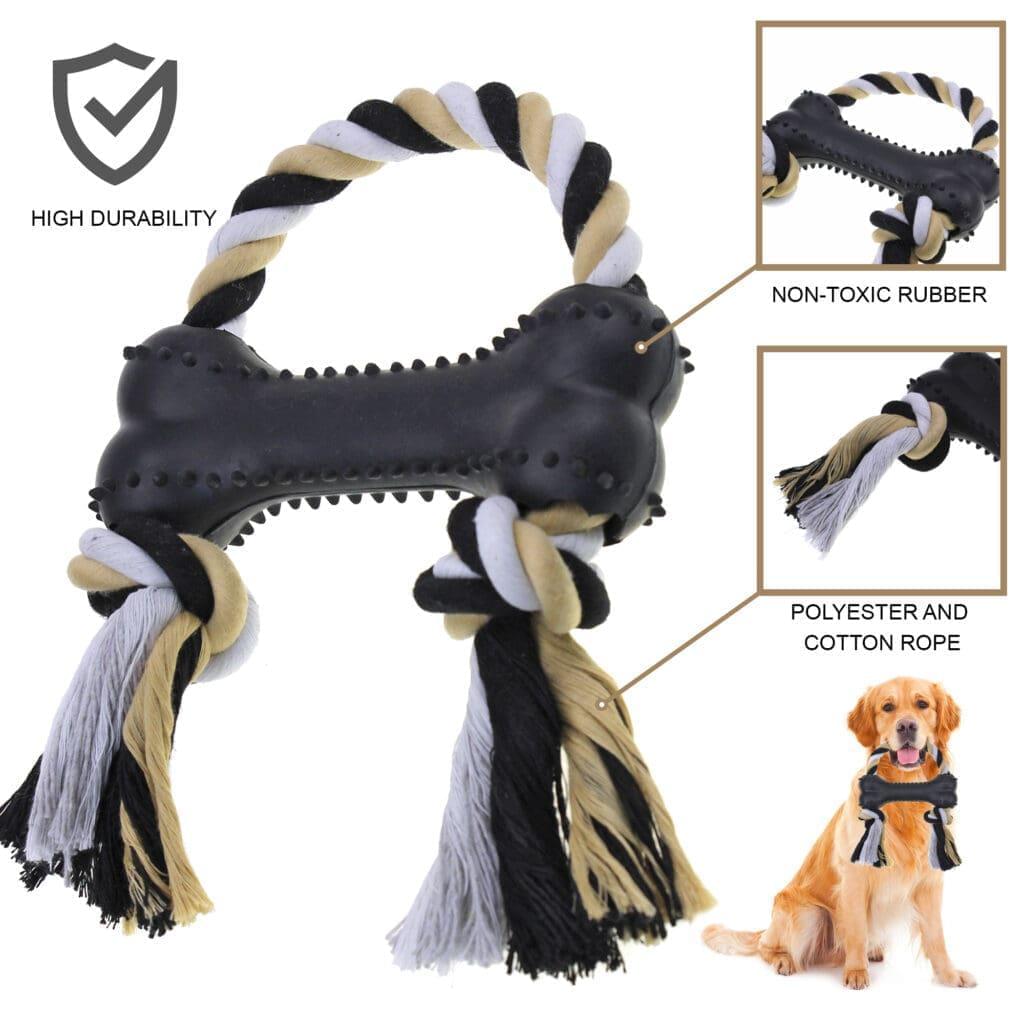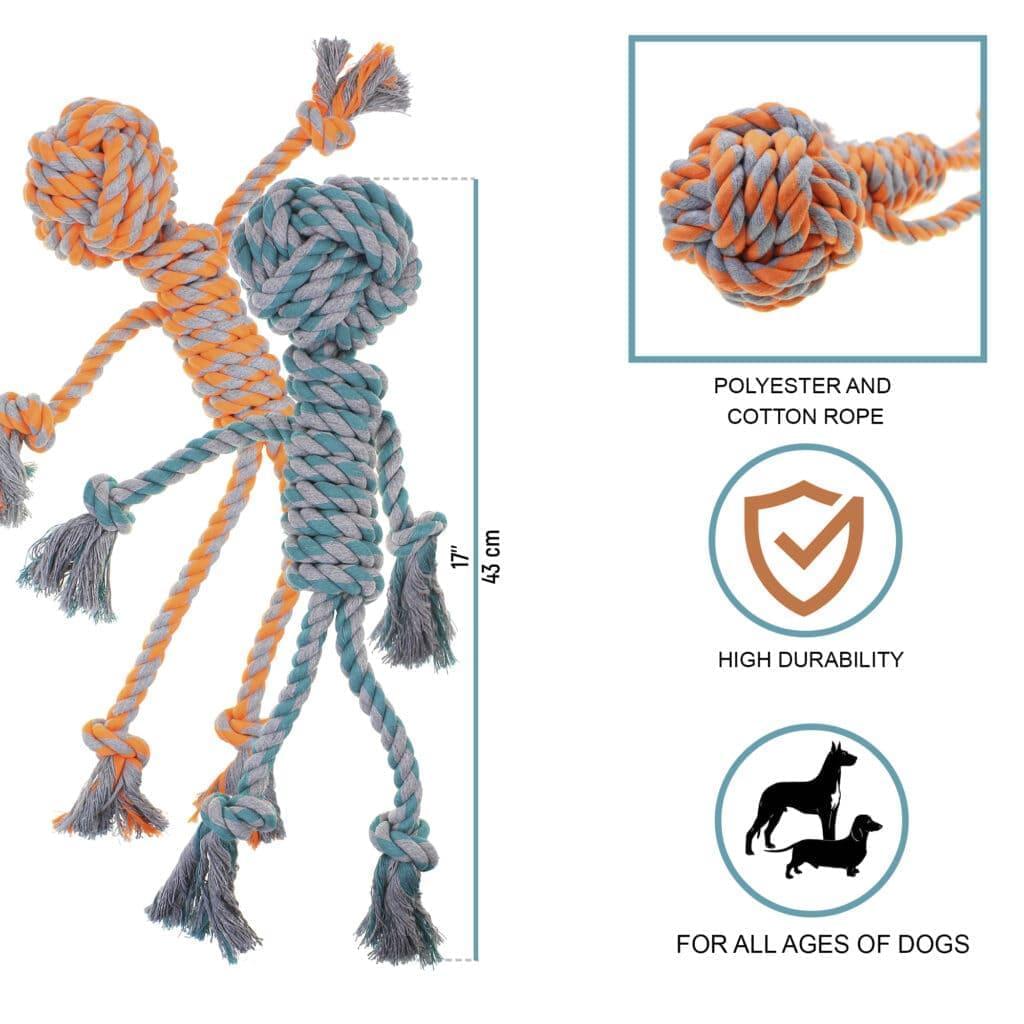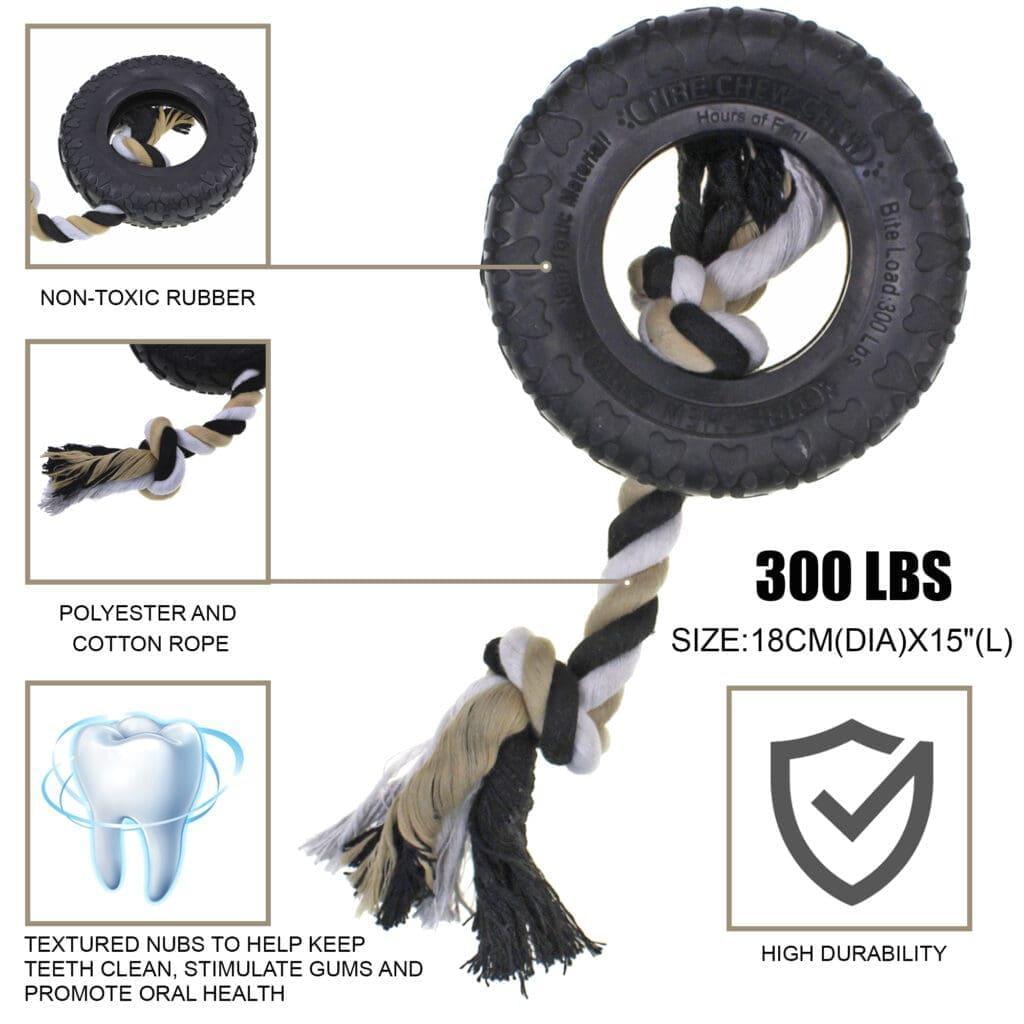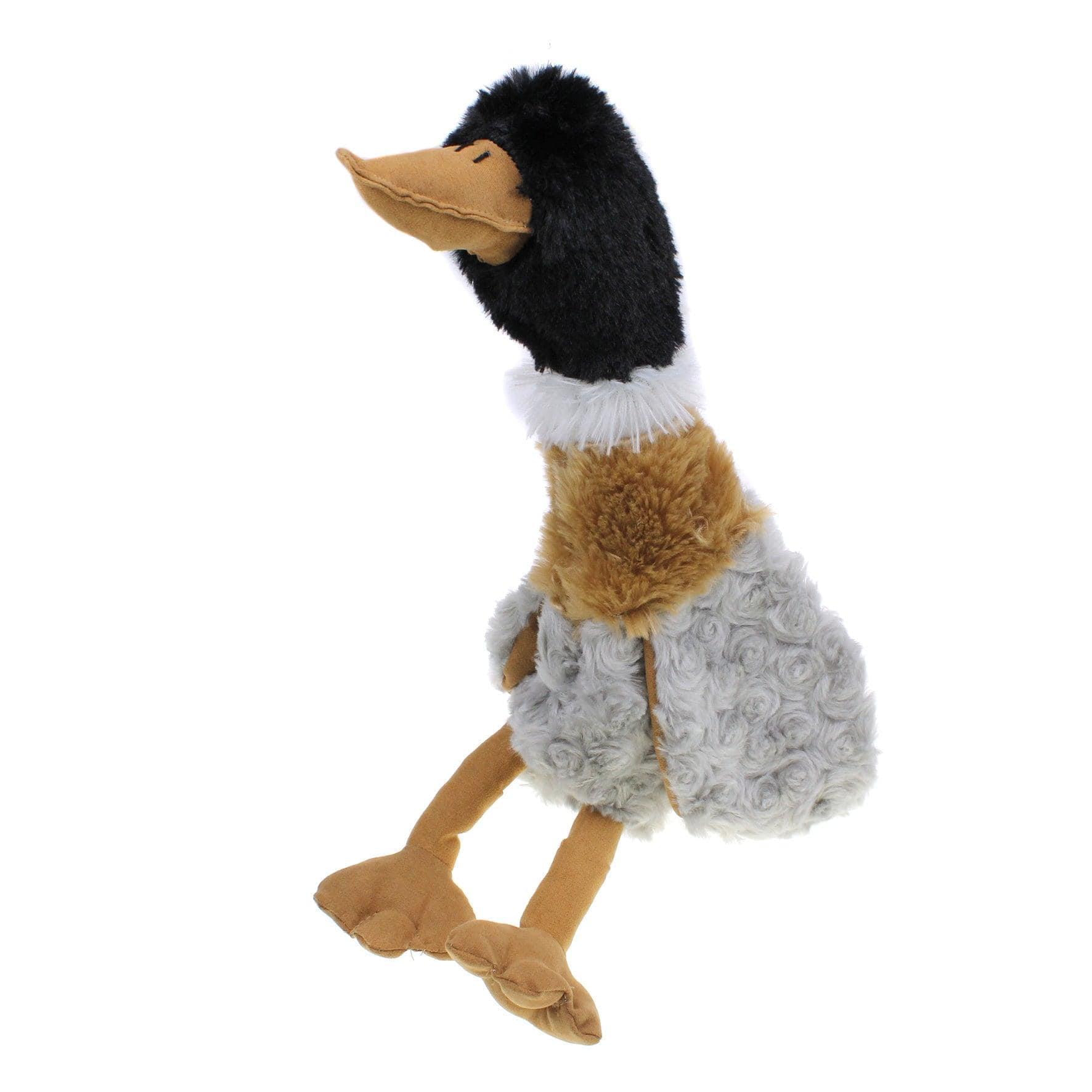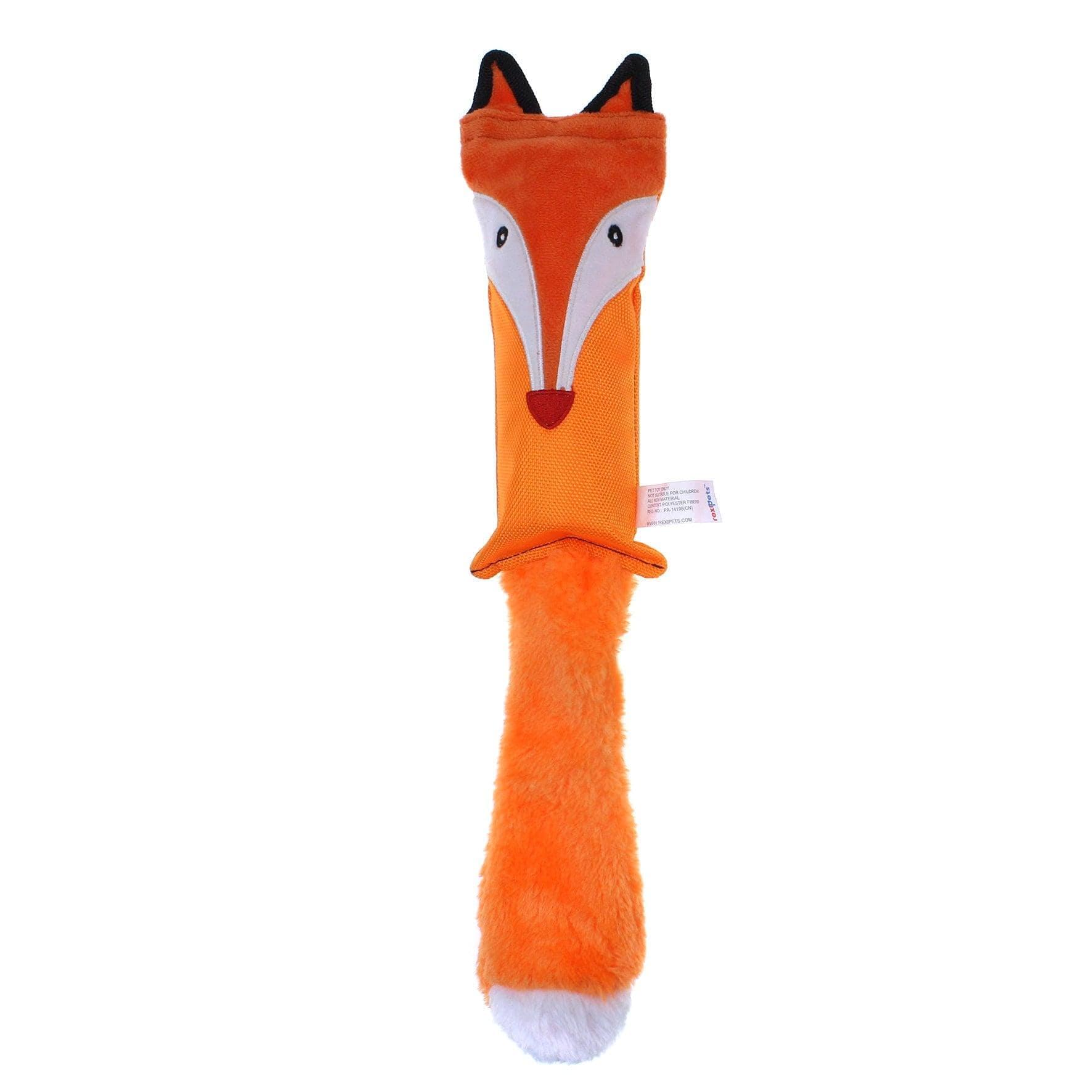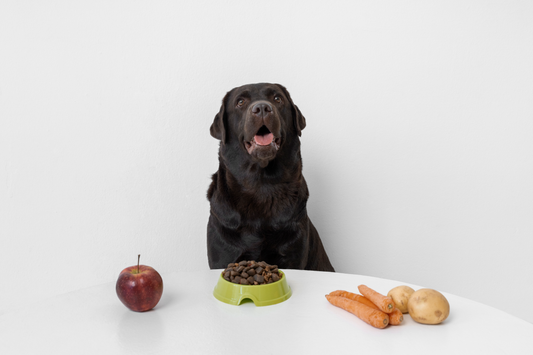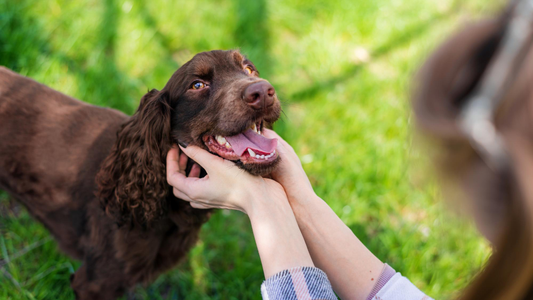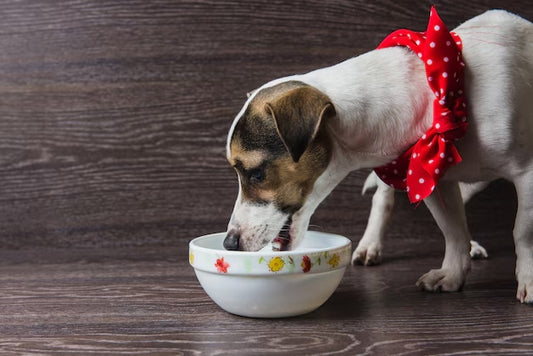
Have you ever wondered why your dog seems tired or why their tummy is acting up all the time? The answer might be hiding in something you can't see – hookworms.
These tiny intestinal parasites can cause big problems for our four-legged friends, leading to symptoms that might not be too severe until they become serious, wreaking havoc on your dog's health.
In this article, we'll explore the condition of hookworms in dogs. We'll look at the signs that something might be wrong, figure out why these little pests show up, and learn about the important measures you can take to make sure your dog stays healthy.
Let's dive into the details and learn more about these canine hookworms and how to keep our dogs safe and happy.
What are Hookworms?
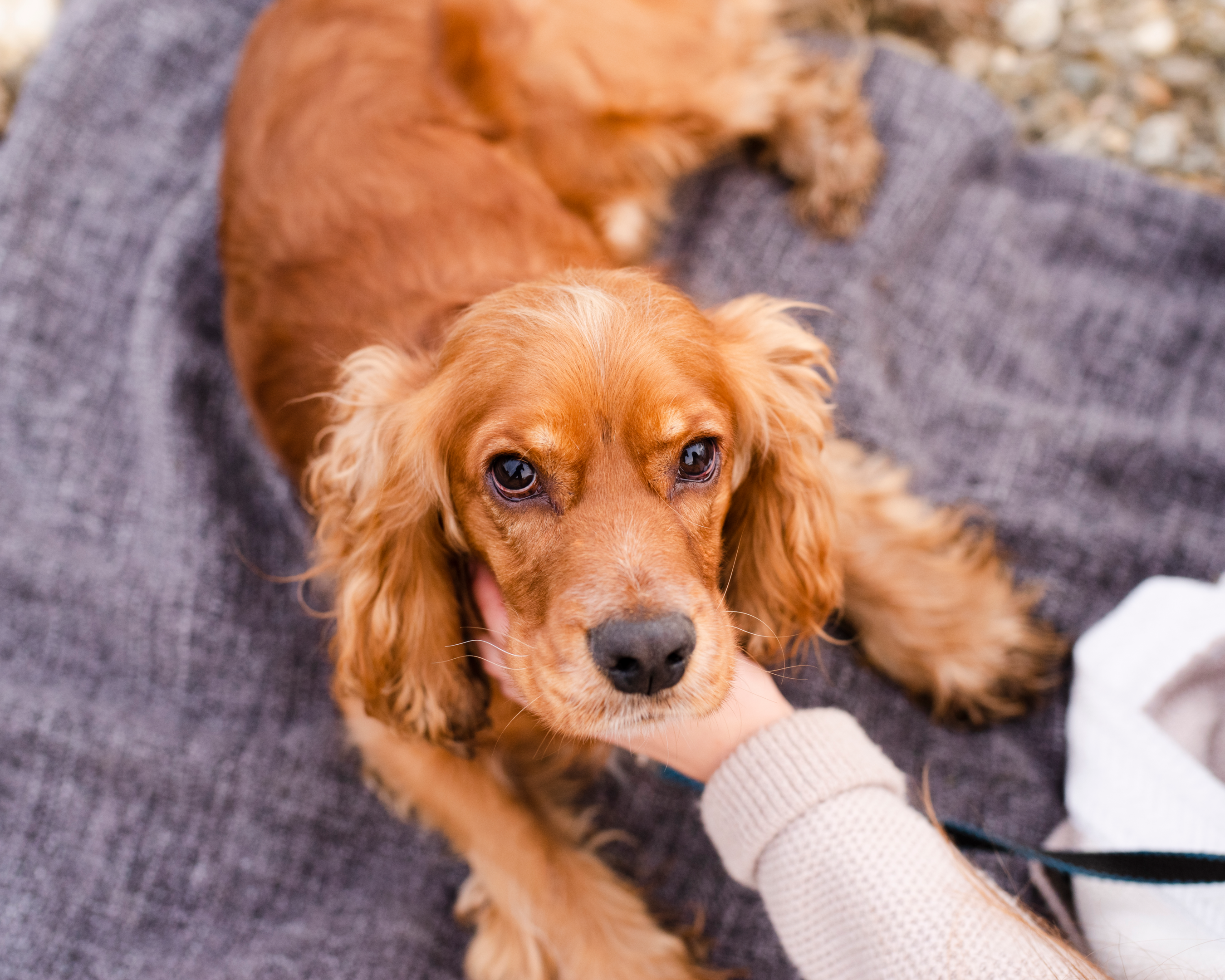
Hookworms are minute yet very harmful parasites that reside in the digestive tracts of dogs and cats. These organisms have mouths resembling hooks that measure a mere quarter to three-quarters of an inch.
Despite their small size, their capacity to ingest huge quantities of blood upon attaching themselves to your pet's intestinal wall is immense.
If your pet gets a bunch of these hookworms onboard, they could cause two big problems. First, your pet might end up with less blood than they need to function, a condition called anemia. Second, the intestinal lining of the intestines might swell up.
These sneaky parasites love warm and moist spots, especially crowded places with not-so-clean conditions. So, if you have a house with compromised hygiene conditions, your pets might be at risk of having these uninvited guests in their tummy.
How do Dogs get Hookworms?
Dogs can pick up hookworm infections in different ways:
-
Skin Penetration
The tiny hookworm larvae can burrow through a dog's skin, causing an infection. Imagine it like the larvae sneaking in through the skin barrier.
-
Ingestion during Grooming
Dogs might accidentally swallow hookworm larvae while licking or cleaning their paws. They can also get them by sniffing around in places with contaminated poop or other contaminated soil too.
-
Transmission at Birth
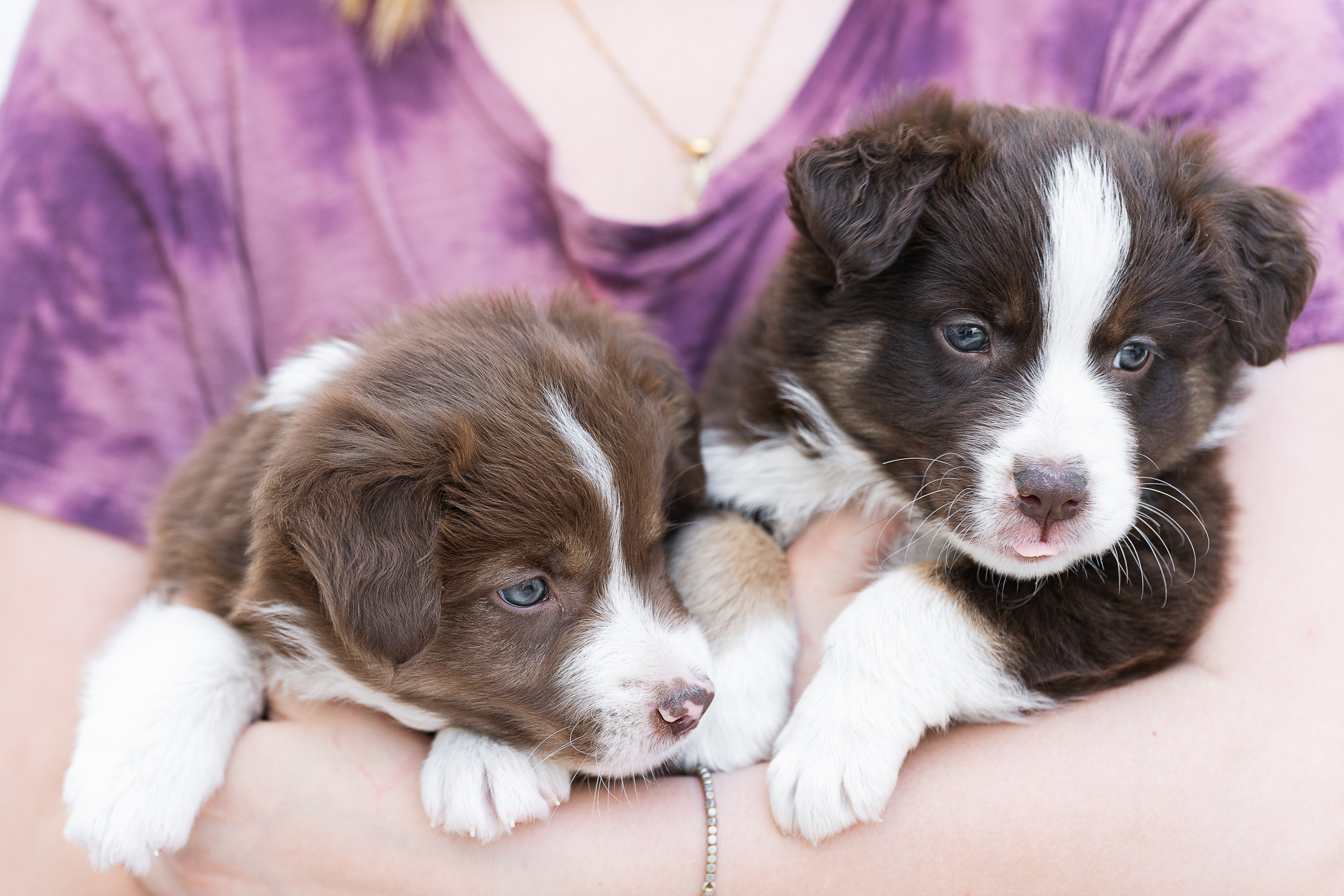
Unborn puppies can get hookworms from their mom before they're even born. The larvae of hookworm species can travel through the mother's placenta during pregnancy, passing the infection to the developing puppies.
-
Transmission through Milk
After being born, young puppies can get hookworms by drinking their mother's milk if she's infected. It's like the tiny larvae hitch a ride through the milk into the puppy's system.
Understanding how your dog can get infected is crucial for preventing and managing hookworm infections, especially in vulnerable newborn puppies.
What are the Signs of Hookworm Infection in Dogs?
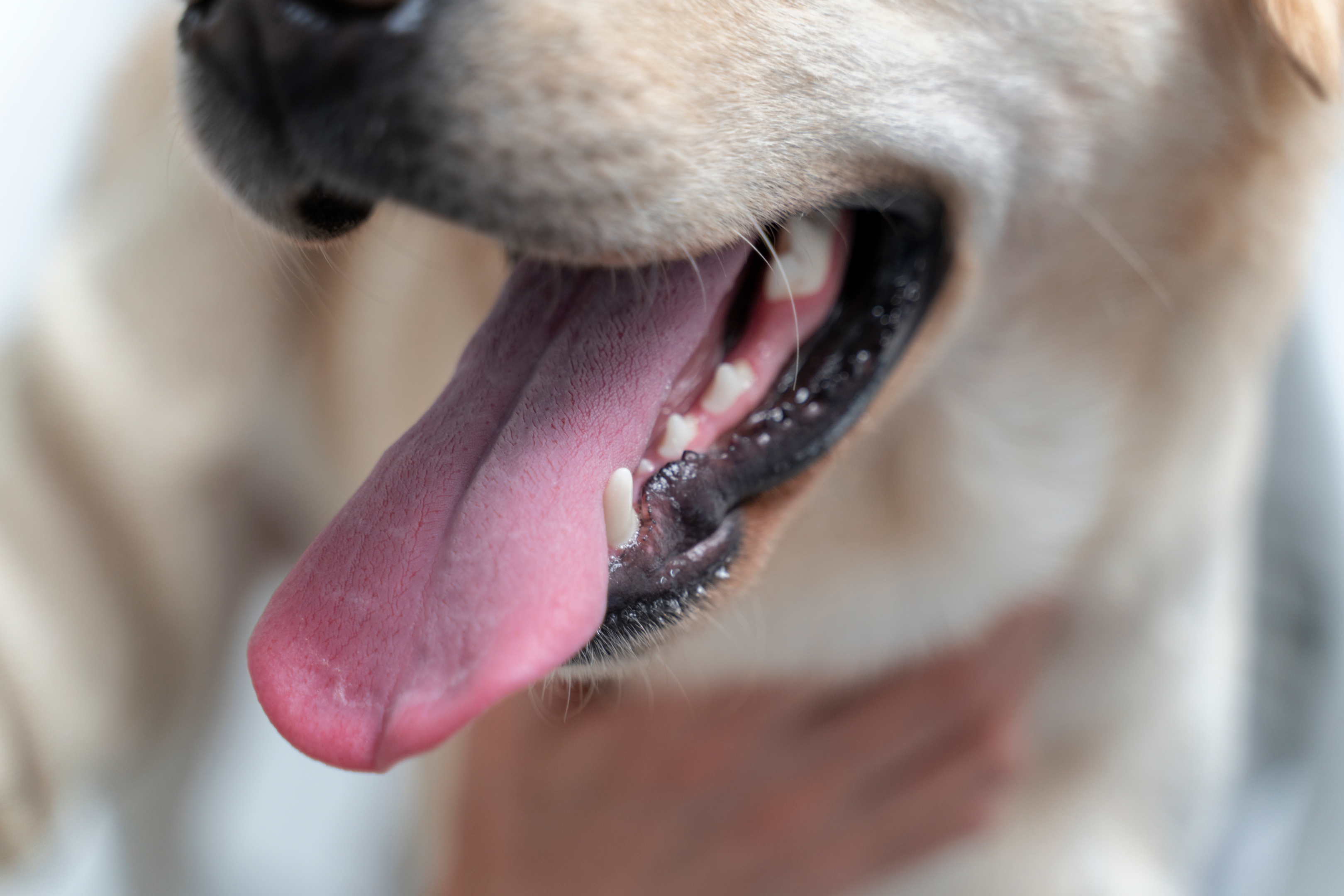
If your dog has hookworms, you might notice some signs that something's not right. One big sign is if your dog's stomach is upset and is experiencing diarrhea with blood.
Infected dogs might also seem weak, lose weight for no clear reason, or have trouble growing properly if they're a puppy. Look for other hints like a dry, dull coat, coughing, or pale gums. Sometimes, the skin around the paws might get irritated, too.
Puppies can be especially at risk, and it's not uncommon for them to get sick from these pesky hookworms. So, if you see any of these signs in your furry friend, it's super important to talk to your vet as soon as possible. Early help can make a big difference and keep your dog feeling their best.
Diagnosing Hookworms
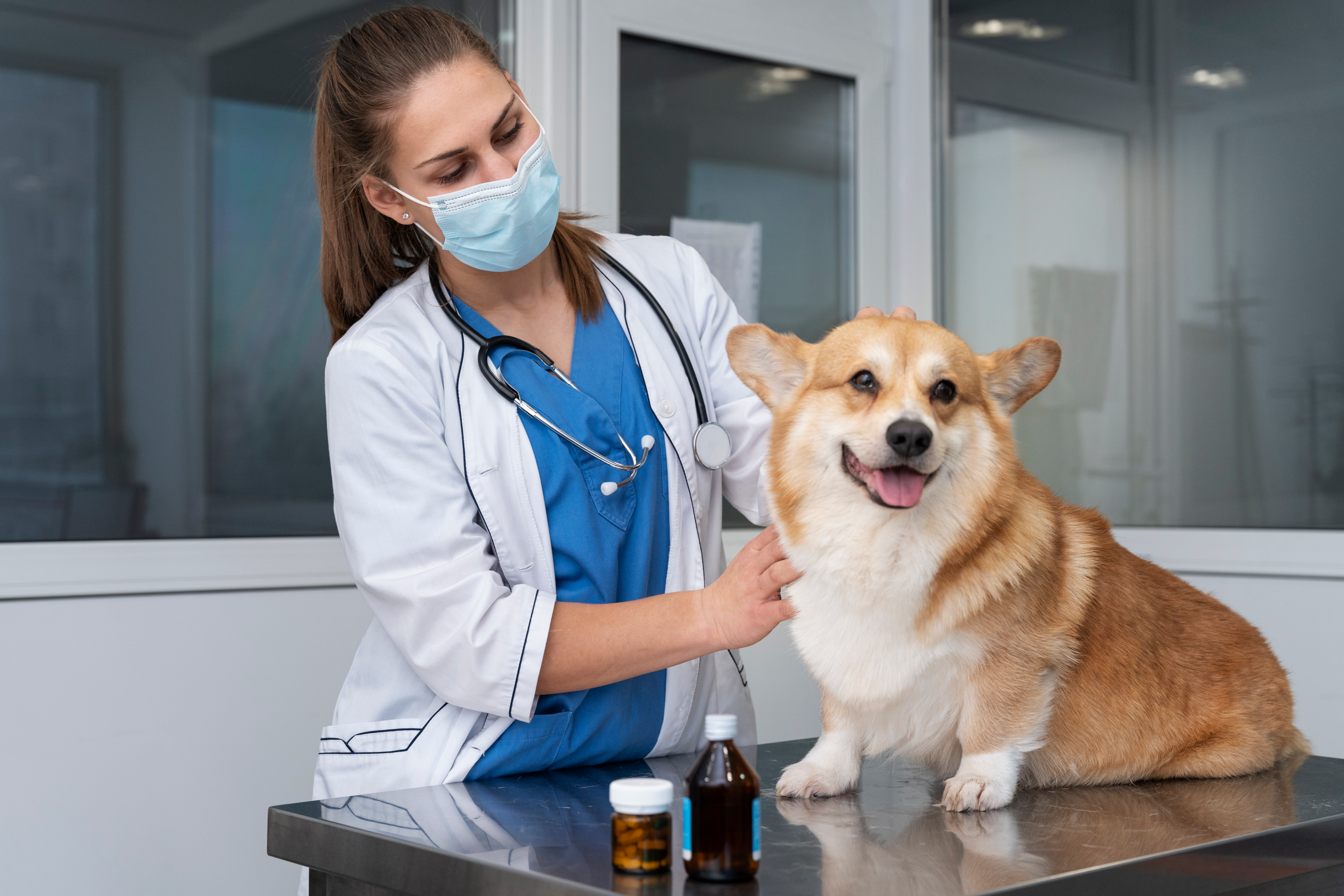
To determine if your adult dog has hookworms, the vet does a simple fecal flotation test. Here's how it works: you bring in a fresh poop sample from your dog, and the vet mixes it with a special liquid. This liquid makes hookworm eggs float to the top, where the vet can see them easily.
This test only works if we are dealing with adult hookworms that have started laying eggs, which might be challenging.
Unlike some other worms that you might see in your dog's poop, hookworms stay hidden in the intestines, making them harder to spot until the vet does this specific test.
It takes 2-3 weeks for the hookworms to grow and start laying eggs. So, if you have a newborn puppy, the test might not be perfect for diagnosis because the worms might not be grown enough to lay eggs.
That's why paying attention to any other signs your puppy might show if you think something's not right is crucial.
How to Treat Hookworms in Dogs?
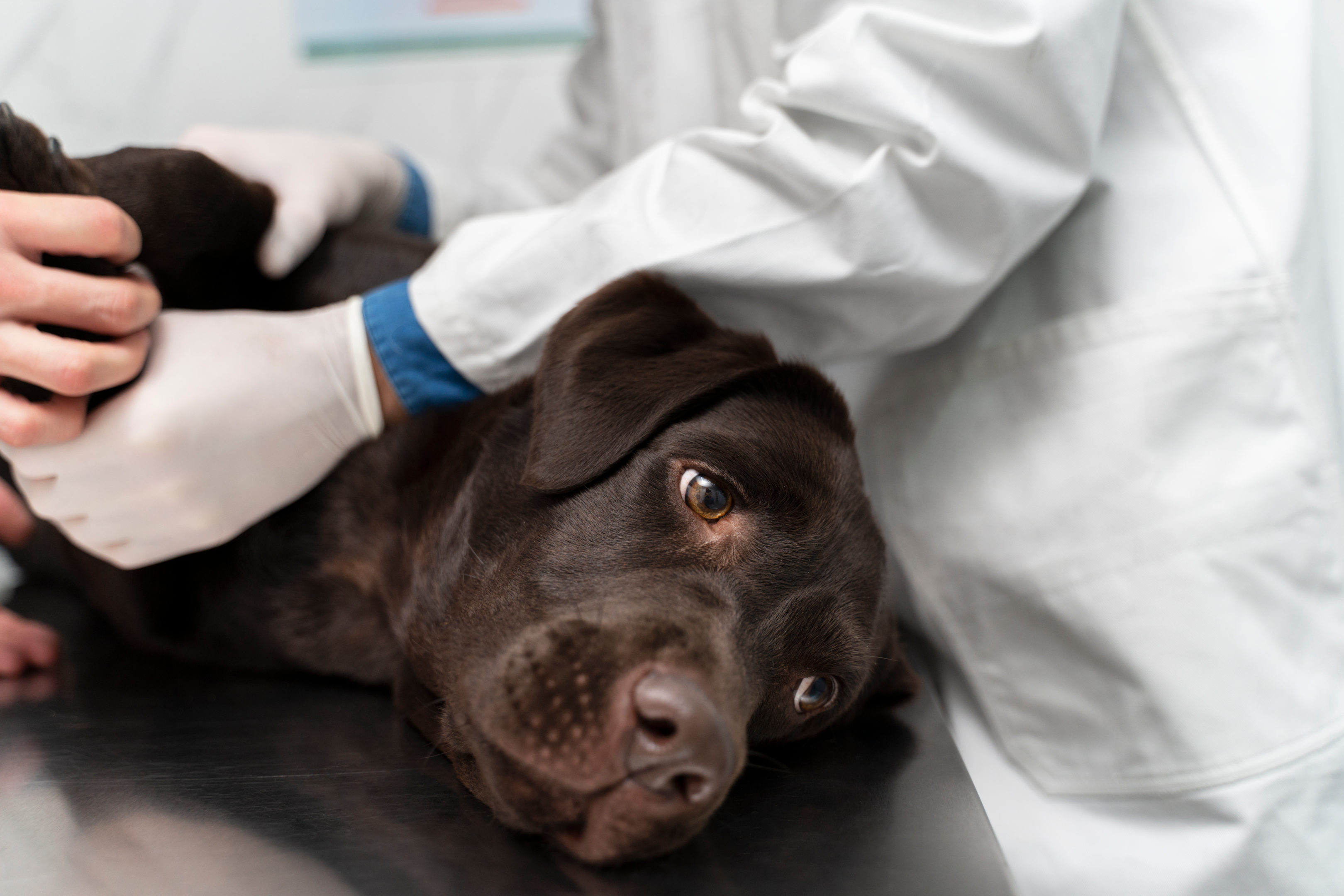
To get rid of hookworms, your vet might use a group of drugs known as anthelmintics. These medications are usually given orally and don't often cause side effects.
However, it's important to know that these drugs work on adult hookworms, so your dog might need another round of treatment 2-3 weeks after the first one.
If your dog is dealing with bad anemia because of hookworms, they might need a blood transfusion. This can be a crucial step to save your dog's life.
How to Prevent Hookworms in Dogs?
Preventing hookworms in dogs involves several important steps. These include:
-
Deworming Puppies
It's recommended to deworm puppies around 2-3 weeks of age if any symptoms appear. Nursing mother dogs should also be dewormed when their puppies are treated.
-
Clean Up After Your Dog
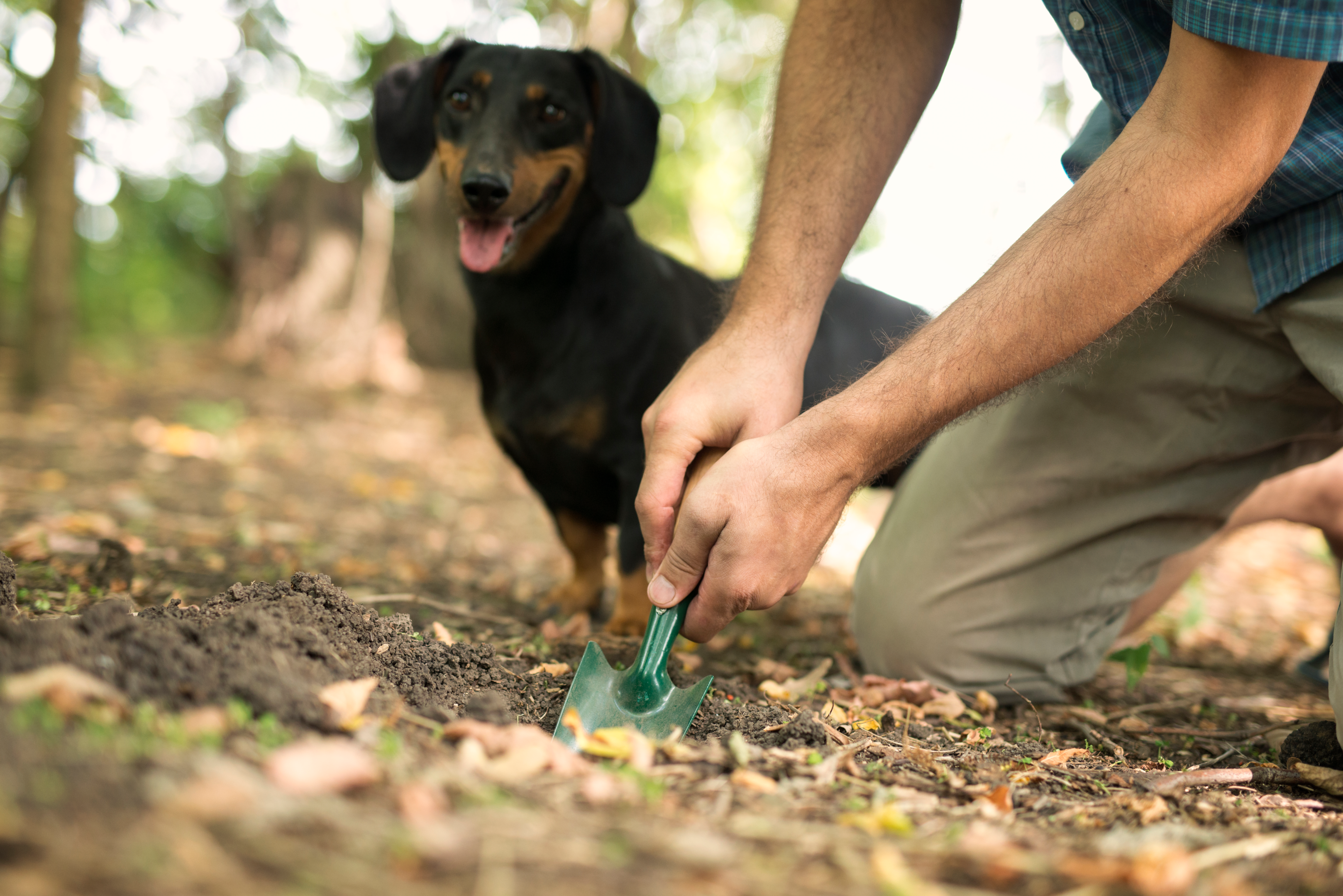
Whether you're at the park or on walks, always pick up your dog's feces. Additionally, maintain a clean yard to minimize the risk of hookworm transmission.
-
Practice Good Hygiene
Wash your hands regularly, especially after interacting with your dog or cleaning up after them. Encourage your children to do the same to prevent the spread of any potential contaminants.
-
Parasite Prevention
Keep your dog on a regular parasite prevention plan. Many products designed to prevent hookworms also offer protection against other parasites. Consult your veterinarian to find the most suitable parasite-prevention approach for your furry friend.
Final Words!
To wrap things up, caring for our dogs involves watching out for hookworms. We've covered how to spot the signs, treat the issue, and understand how dogs catch these pesky parasites. It's super important to catch the problem early, and we've learned that regular vet visits, giving medicine, and keeping things clean can make a difference.
As dog owners, our main job is to make sure our furry pals have the best lives possible. This means being aware of the signs of hookworms, treating them early, and doing our best to stop them in the first place.
With regular vet check-ups, the right medicine, and a clean living space, we can keep our dogs happy and healthy, steering clear of the hassle caused by hookworms.
FAQs
Can dog hookworms infect humans?
If you lie down on the ground that has hookworms, larvae can start burrowing into your skin, giving you something called 'ground itch.' In some cases, these tiny hookworm larvae can even go inside your body and harm your organs, like your eyes, and that can make you blind.
Can hookworms kill dogs?
Hookworms pose a serious threat to dogs, particularly putting puppies and outdoor-living dogs without regular deworming at the highest risk. Very young puppies, in particular, are super vulnerable to the potentially fatal consequences of severe hookworm infections.
Can you see hookworms in dog poop?
Sometimes, you can see worms like roundworms, whipworms, tapeworms, and hookworms in your dog's poop. Hookworms might look like thin strings, but you might not always spot them, even if your dog has them.
That's why it's important to take your dog to the vet for a check-up and bring a poop sample. The vet can look at it closely to make sure everything's okay. Doing this regularly helps keep your dog healthy by catching any worm problems early on.
How do you know if your dog has hookworms?
Sadly, it's not always easy to tell if your dog has hookworms. But there are medications for routine deworming, usually included in the routine deworming medicine, that can help treat hookworm infections.
It's a good idea to have your vet check your dog's poop regularly. The Companion Animal Parasite Council suggests that dogs should be tested for these parasites at least four times in their first year and then at least twice yearly.
These check-ups make sure any potential infections are caught early, keeping your furry friend healthy and happy.
